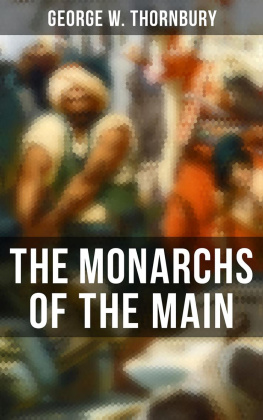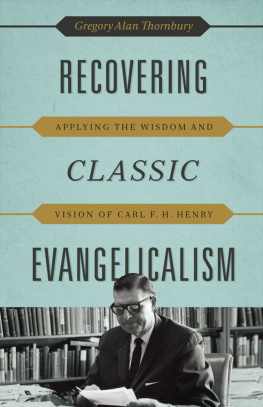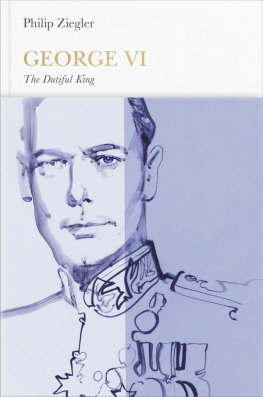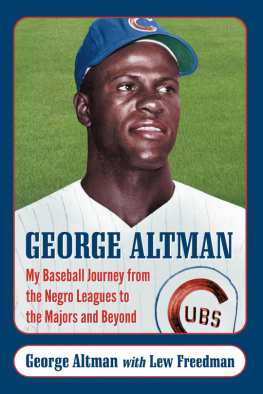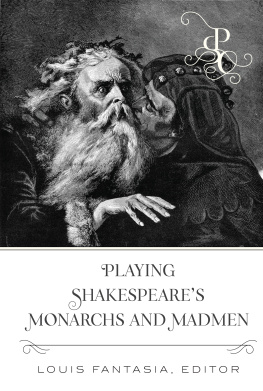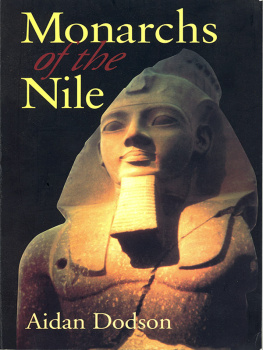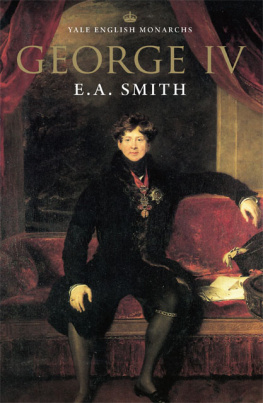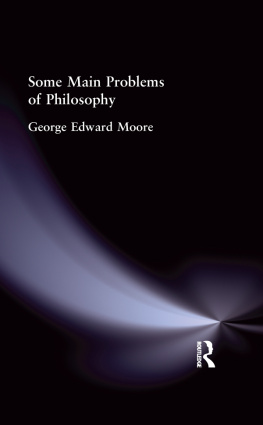PREFACE.
Table of Contents
I claim for this book, at least originality. But this originality, unfortunately, if it attaches interest to an author's labours, adds also to his responsibilities.
The history of the Buccaneers has hitherto remained unwritten. Three or four forgotten volumes contain literally all that is recorded of the wars and conquests of these extraordinary men. Of these volumes two are French, one Dutch, and one in English. The majority of our readers, therefore, it is probable, know nothing more of the freebooters but their name, confound them with the mere pirates of two centuries later, and derive their knowledge of their manners from those dozen lines of the Abb Reynal, that have been transferred from historian to historian, and from writer to writer, for the last two centuries.
The chief records of Buccaneer adventurers are drawn literally from only three books. The first of these is xmelin's Histoire des Aventuriers. 12mo. Paris, 1688. xmelin was a Frenchman, who went out to St. Domingo as a planter's apprentice or engag, and eventually became surgeon in the Buccaneer fleetknew Lolonnois, and accompanied Sir Henry Morgan to Panama.
The second is Esquemeling's Zee Roovers. Amsterdam. 4to. 1684.A book constantly mistaken by booksellers and in catalogues for xmelin. Esquemeling was a Dutch engag at St. Domingo, and his book is an English translation from the Dutch. The writer appears of humbler birth than xmelin, but served also at Panama.
The third is Ringrose's History of the Cruises of Sharpe, &c. This man, who served with Dampier, seems to have been an ignorant sailor, and a mere log-keeper.
The fourth is Ravenau de Lussan's Narrative. De Lussan was a young French officer of fortune, who served in some of Ringrose's cruises. This is a book written by a vivacious and keen observer, but is less complete than xmelin's, but equally full of anecdote, and very amusing.
For secondary authorities we come to the French Jesuit historians of the West Indian Islands, diffuse Rochefort, the gossiping bon vivant Labat; Tertre, dry and prejudiced; Charlevoix, careful, condensed, and entertaining; and Raynal, polished, classical, second-hand, and declamatory.
The English secondaries are, Dampier, with his companions, Wafer and Cowley. Several old pamphlets contain quaint versions of Morgan's conquest of Panama; and in 1817, Burney, in his "History of Discoveries in the South Sea," devotes many chapters to a dry but very imperfect abridgment of Buccaneer adventure, omitting carefully everything that gives either life or colour. Captain Southey, in his "History of the West Indies," supplies many odd scraps of old voyages, and presents many scattered figures, but attempts no picture.
Nor has modern fiction, however short of material, discovered these new and virgin mines. Mrs. Hall has a novel, it is true, called The Buccaneer, the scene of which is, however, laid in England; and Angus B. Reach has skimmed the same subject, but has evidently not even read half the three existing authorities. Dana, the American poet, has a poem called the Buccaneer, but this is merely a collection of lines on the sea. Sir Walter Scott's Bertram, although he had been a Buccaneer, is a mere ruffian, who would do for any age, and Scott himself places Morgan's conquest of Panama in the reign of Charles I., when it actually took place in that of Charles II., fifty years later.
Defoe himself, little conscious of the rich region he was treading, sketched a Buccaneer sailor when he re-christened Alexander Selkirk Robinson Crusoe, and condensed all the spirit of Dampier into a book still read as eagerly by the man as by the boy.
When I find a writer of Scott's profundity of reading and depth of research placing the great event of Buccaneer history fifty years before its time, booksellers mistaking a Dutch for a French writer, and living historians confounding the Flibustiers of Tortuga, who attacked only the Spaniards, with their degraded successors the pirates of New Providence, who robbed all nations and even their own without mercy, I think I have proved that my book is not a superfluity.
It is seldom that an author can invite the whole reading world to peruse the self-rewarding labour of his student life. Mine is no book for a sect, a clique, a profession, or a trade. It brings new scenes and new creations to the novel reader, jaded with worn-out types of conventional existence. It supplies the historian with a page of English, French, and Spanish history that the capricious muse of history has hitherto kept in MS. It traces the foundation of our colonial empire. To the psychologist it furnishes deep matter for thought, while the philosopher may see in these pages humanity in a new aspect, and man's soul exposed to new temptations.
What Dampier has described and Defoe drawn materials from, no man can dare to assert is wanting in interest. The readers to whom these books are new will be astonished to find the adventures of Xenophon paralleled in De Lussan's retreat over the Isthmus, and Swift forestalled in his conception of some of the oddest customs of Lilliput. xmelin, I may boldly assert, is a much more amusing writer than half our historians, a keen and enlightened observer, who looked upon Buccaneering as a chivalrous life, in which the sea knight got equally hard knocks as the land hero, but more money.
If my characters are not so grand as those of history, I can present to my reader men as greedy of gold, ambitious and sagacious as Pizarro or Cortes, and as reckless as Alexander, and as cruel as Csar. If the Buccaneers were but insects, bred from the putrefactions of a decaying empire, their plans were at least gigantic, and their courage unprecedented.
Anomalous beings, hunters by land and sea, scaring whole fleets with a few canoes, sacking cities with a few grenadiers, devastating every coast from California to Cape Horn, they only needed a common principle of union to have founded an aggressive republic, as wealthy as Venice and as warlike as Carthage. One great mind and the New World had been their own.
But from the first Providence sowed amongst them the seeds of discorddifference of religion and difference of race. Never settling, their race had its ranks renewed, not by descendants, but by fresh recruits, men with new interests and lower aims. In less than a century the Brotherhood had passed away, their virtues were forgotten and their vices alone remembered.
The Buccaneers were robbers, yet they sought something beyond gold. Mansvelt took the island of St. Catherine, and planned a republic, and Morgan contemplated the destruction of the Bravo Indians. They were outlaws, and yet religious robbers, yet generous and regardful of the minutest delicacies of honour; lovers of freedom, yet obeying the sternest discipline; cruel, yet tender to their friends.
All the light and shade of the darkest fiction look poor beside the adventures of these men. Catholics, Protestants, Puritans, gallants, officers, common seamen, farmers' sons, men of rank, hunters, sailors, planters, murderers, fanatics, Creoles, Spaniards, negroes, astrologers, monks, pilots, guides, merchantsall pass before us in a motley and ever-changing masquerade. The backgrounds to these scenes are the wooded shores of the West Indian Islands, woods sparkling at night with fire-flies, broad savannahs dark with wild cattle, the volcanic islands peopled by marooned sailors, stormy promontories, the lonely sand "keys" of Jamaica, and the rocky fastnesses of Tortuga.


